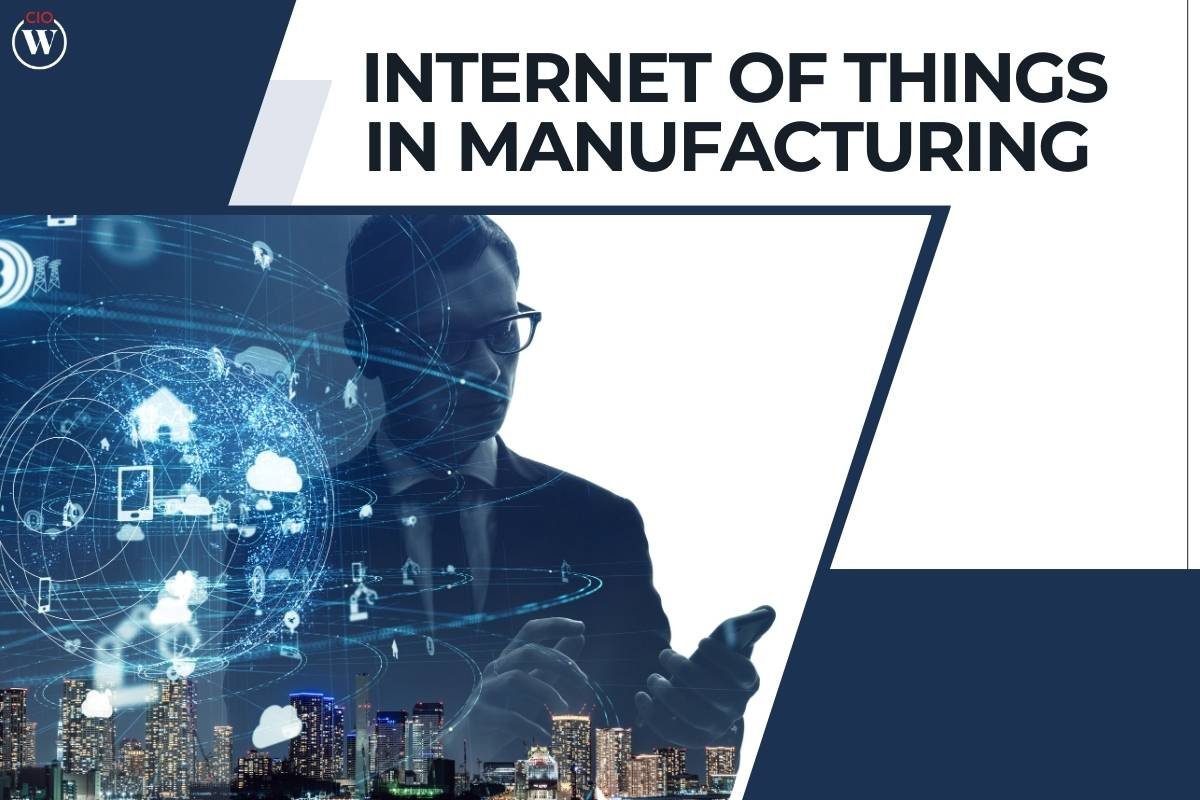Shopping for new business assets is not a decision to make lightly. Much research can be required to ensure you purchase the right assets at the right time. You also have to consider your business’s needs now and in the future. If you’re a business owner who has been thinking about purchasing new assets, here are six things you need to know before you get your wallet out:
Here Are 6 Things Every Business Owner Needs to Know Before Purchasing New Assets:
1. You Don’t Have to Buy New

Whether you’re looking for farm machinery in the US or vineyard equipment for sale in Australia, you may think you need to purchase them new for reliability reasons. However, there is a wide range of quality used equipment for sale throughout the country that may save you tens of thousands of dollars.
Shop around, compare prices, and see what you can find. You may be surprised by what you discover that doesn’t break the bank.
2. You Should Weigh Up Needs vs. Wants
A business asset can be a nice thing to have, but it’s not necessarily something you need. When you’re about to invest a significant sum of money into something, consider whether you genuinely need it or whether it’s just something you want.
A need is something that contributes to your business’s productivity and profit, both of which can be impacted if you don’t have it. In contrast, a want could help your business and make some aspect of it more convenient, but won’t necessarily negatively affect operations if you don’t have it.
We’re not saying you can never purchase those “wants.” However, it is important to differentiate them from needs and then work them into your budget wisely.
3. There Can Be Ongoing Costs

There’s more to business assets than their initial purchase price. Businesses also have to manage their ongoing operating costs. You might need more human resources to use a new business asset, affecting your profit margins. You may also need to set more funds aside for maintenance and repairs.
Keep this in mind when purchasing new assets. You may find that a ‘good deal’ isn’t as good as you first anticipated.
4. You Need to Think About the Future
The world of business is changing. The technology we rely on today to perform essential business operations can be redundant in just a few years. Keep this in mind when shopping for new assets. Will your machine or technology still be relevant in a few years? Does something better already exist?
Consider the future to avoid purchasing something that will not remain useful for long or does not support long-term business growth.
5. Explore Financing Options

Many business assets can cost a considerable sum of money. So you may need to cut into your operational fund or look at financing options. Once you know how much your business asset costs to buy new or used, weigh the pros and cons of financing, leasing, or paying for it outright.
If you’re going down the finance route, compare interest rates, terms, and conditions. The more informed you are about funding your newest purchase, the fewer related mistakes you might make.
Many business owners purchase assets intending to hold onto them for a set period. After that time, they may look at selling or disposing of them. Think about what this will look like when the time comes.
You may need to consider the likely resale value and how your asset will hold its value over time. Alternatively, you may need to consider the cost of disposing of it.
Purchasing new assets may only take the swipe of a credit card, but it can require far more time in research. Think about whether you’ll buy new or used, how you’ll fund your purchase, and whether it will suit your needs now and in the future.









